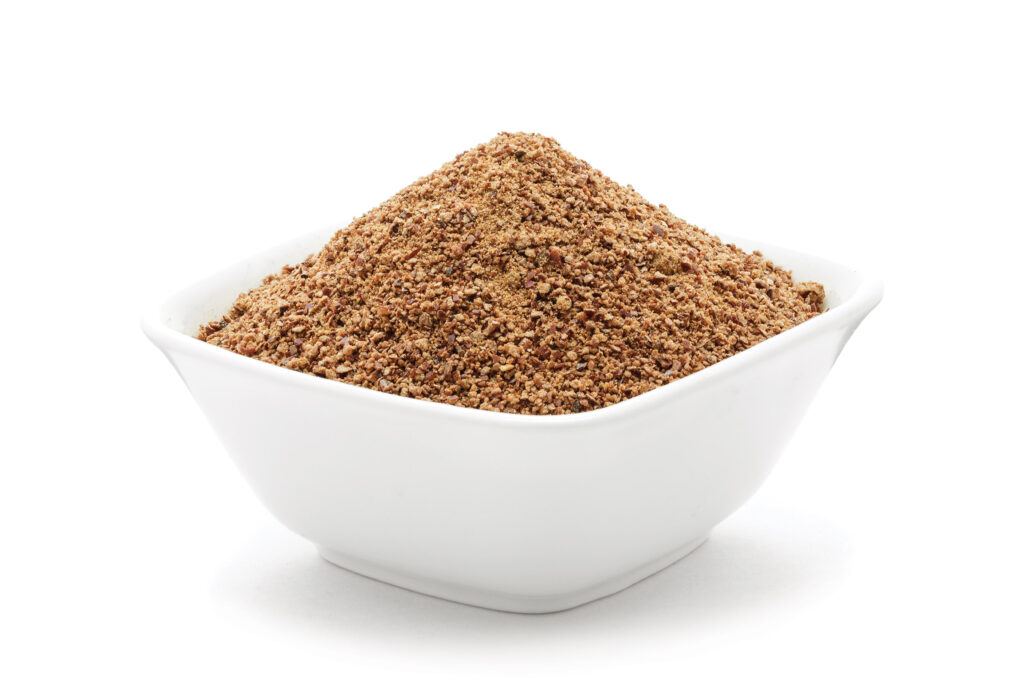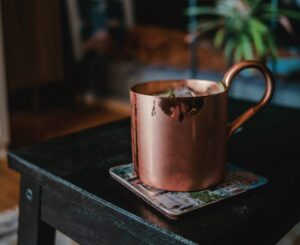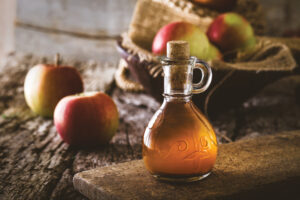Advertisement
Ask the Experts
Chinese herbal sleep aids

Advertisement
Q: What makes Chinese herbal sleep aids so unique?
A: Many people suffer from sleep disorders, which lead to problems such as fatigue, depression, and irritability. The majority of currently available sleeping pills may cause side effects, such as tolerance buildup, dependence, and withdrawal symptoms upon discontinuation of use.
Traditional Chinese medicine (TCM) herbal supplements can be efficient medicinal alternatives for treating insomnia with excellent therapeutic potential and fewer side effects. Many herbs are well known for their sedative and tranquilizing functions, and have been used for centuries.
- Semen Platycladi (known as Bai Zi Ren) is a nut from a special pine tree (Platycladus orientalis). It has been a main ingredient for the treatment of insomnia, palpitation, and anxiety since the Ming dynasty.
- Radix Polygalae (known as Yuan Zhi), root of milkworts (Polygala tenuifolia and P. sibirica L.), is a traditional herb well known for its sedative function and is mostly used to relieve restlessness, palpitations, and forgetfulness.
- Semen Ziziphi Spinosae (known as Suan Zao Ren) is another common herb used traditionally to remedy insomnia. It is a dry seed of ziziphus (Ziziphus jujube var. spinosa (Bunge) Hu ex H. F. Chou, pictured above) and mainly used to treat difficulty falling or staying asleep.
The synergetic combination of Semen Platycladi and Radix Polygalae are proven to be an effective herbal medicine for the treatment of insomnia. More amazingly, no significant side effects are observed in animal models. Other herbs, such as passionflower, hops, and lemon balm, are also used to counter sleep disorders.
It is important to recognize the synergetic effect only exists when precise amounts of certain herbal ingredients are combined.





